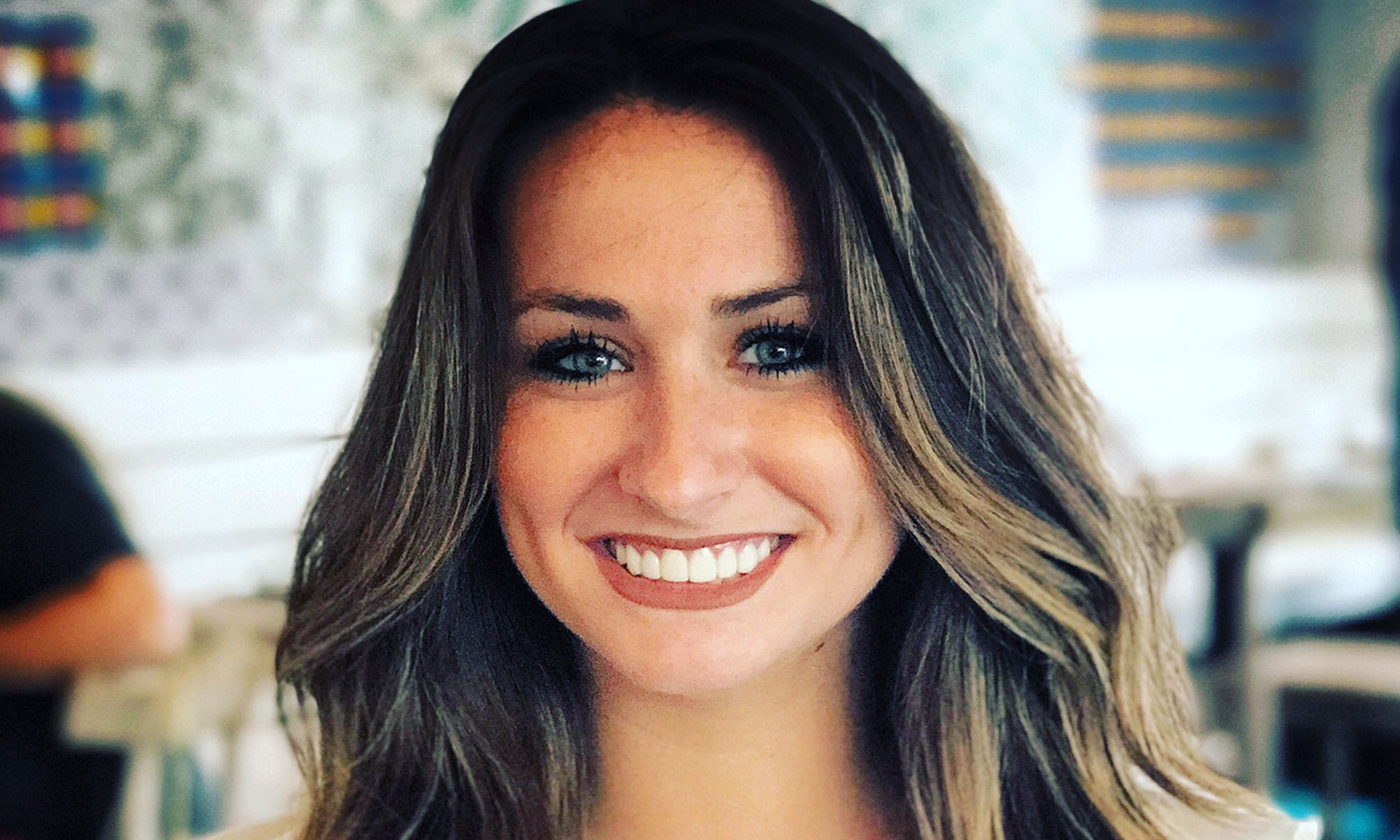Ask A Bartender: Bartenders, Get Smart with Your Money – Here’s How
By Rocco Pendola
As I started talking to people for this article, particularly bartenders and servers, two things stood out: COVID-19 shutdowns prompted hospitality industry workers to take a long, hard look at their personal finances.
And many bartenders and servers are better situated for the future than they ever have been. Here’s how:

Bartenders are saving more money now
Bartenders are getting smarter with money.
In a time of unchecked uncertainty, there’s one thing I have no doubt about: COVID-19 not only rocked the hospitality industry, it triggered what I hope will be lasting change.
In talking to bartenders and servers they, almost to a person, rolled off personal finance 101 basics when discussing how they’re handling their money amid the pandemic. As someone who has written about personal finance and investing for more than a decade, that’s refreshing. But it also highlights truth—being smart with money isn’t rocket science. It’s common sense. You just have to have the will, often triggered by a crisis, to take prudent fiscal action.
Quick Tip:
In light of not “going out” as much and cooking at home, bartenders are saving money.
Practically speaking, that looks like this. If I wasn’t at work, where would I be on, say, Wednesday night? If the answer is spending $50 on dinner and drinks wherever, in that moment transfer $50 from your checking to savings account. Do this once or more a week. It adds up fast.

Tips to Saving Money for Bartenders
Bartenders are opening savings accounts.
Hospitality workers have a reputation of not being savers, of living from paycheck to paycheck. Quite a few have run with only a checking account for most of their lives. Here’s the lowdown on savings accounts:
- Opt for a high-yield savings account. These accounts pay a much higher interest rate than what a big-name bank provides. That difference—right now more than 1.0% adds up over time.
- Use the savings account “sink” method. Most banks will allow you to open multiple savings accounts. They’ll usually let you nickname each one. Use different savings accounts for different purposes and regularly direct money to these accounts.
“I Got Over A Thousand Dollars in The Bank and I’m Alright”
That’s one of my favorite Tom Petty lyrics from a song called Room At The Top. It ties together the personal finance themes COVID-19 has brought to the forefront in the hospitality industry.
I feel slightly unsettled (only slightly) about something else I realized when constructing this story. Lots of bartenders have used unemployment compensation—particularly the extra $600 a week they saw—to their advantage. They’re either not going back to work because it doesn’t make financial sense or they’re afraid of getting sick (both perfectly reasonable, in my opinion) or they’re working a side hustle under the table and collecting unemployment (questionable, but perfectly reasonable, in my opinion).
I say “unsettled” because I’m the product of a working-class culture that doesn’t care much for social safety nets. What they might call “handouts.” That culture values an idealistic notion of “hard work” above all else. But I think many of us know better. Life, especially now, is less about traditional conceptions of working hard and more about doing the work, particularly on yourself.
I know of bartenders who are doing things outside of the hospitality industry while collecting unemployment and using the extra money they’re making to do what they should have been doing all along—establish savings, otherwise known as an emergency fund.
Your first “sink” account should always be an emergency fund, typically a savings account with three- to six-months of living expenses. Ideally, you’re debt-free. From there, you get to that three-to-six-month goal. Establishing an emergency fund feels great. It proves that, yes you can save, and gives you confidence to take the next step.
That next step can include creating additional “sinks.” These are goals you’re saving for. While they can be anything you want them to be (and it makes sense to include fun and rewarding goals), take care to make them meaningful. Maybe you label one sink “travel” and another “new apartment.” Whatever. The point is, even if it’s psychological, the money seems to add up faster and in more orderly fashion when you take the aforementioned steps and use the “sink” method.










